Since the Russia-Ukraine conflict broke out, European Union (EU) countries have focused on strengthening energy security, but it seems that "breaking up" with Russian gas is not easy.
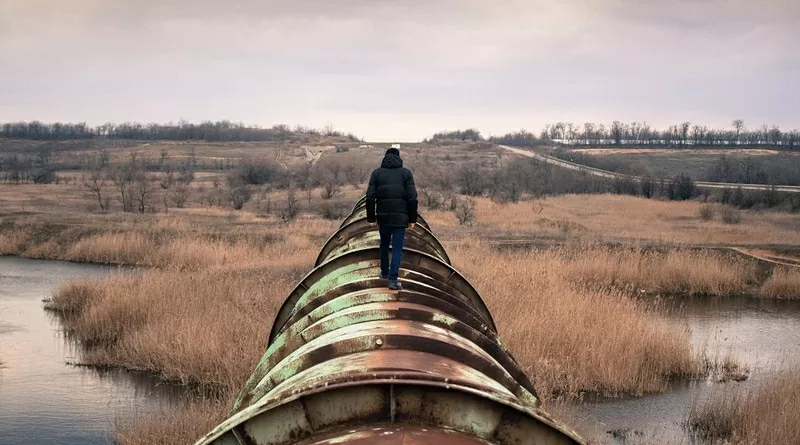 |
| To reduce its dependence on Russian energy, the EU has taken many measures. (Source: Eurasia Review) |
The European Union's (EU) efforts to enhance energy security are evident in many new gas agreements in recent years, especially with the US and Middle Eastern countries.
EU divided
As EU leaders prepare for any potential peace deal between Moscow and Kiev, the thorny question of the future role of cheap Russian gas in Europe's energy system has arisen once again.
In December 2024, the new EU Energy Commissioner Dan Jorgensen announced that the bloc would end its energy ties with Russia by 2027. However, many EU countries are discussing whether Russian pipeline gas sales to Europe should be restarted as part of any peace settlement between Russia and Ukraine.
Supporters say the move could boost the continent's economic competitiveness, as gas prices in Europe are typically three to four times higher than in the United States. However, such views have not been supported by the leaders of the Baltic states, Poland and Slovenia.
While some EU states, including Hungary, Slovakia and Bulgaria, could continue to significantly increase their energy dependence on Moscow, it is likely that most current EU leaders will oppose it.
Even if the conflict in Ukraine ends this year, some EU sanctions against Russia are likely to remain. Before the Russia-Ukraine conflict, Western sanctions against Moscow were imposed for a variety of reasons, including the annexation of Crimea in 2014.
The backdrop to this heated debate is the 27-member EU's major shift away from Russian energy dependence from 2022, although imports of liquefied natural gas from Russia to Europe remain high.
Within a year of the conflict in Ukraine, the EU's energy consumption changed so rapidly that Russia is no longer the bloc's main gas supplier - a remarkable change.
EU member states have been more active in taking up the challenge of diversifying to new energy sources. The RePowerEU strategy is being implemented in part by expanding the use of clean energy and reducing overall energy consumption. This has helped the EU at times generate more electricity from wind and solar sources than from gas.
However, while the EU wants to expand clean energy production, current volumes still fall far short of the continent's needs.
Efforts to secure new gas supplies
To reduce its dependence on Russian energy, the EU has been working hard to secure a number of new energy deals since February 2022. The European Council on Foreign Relations (ECFR) Energy Deals Tracker shows that the bloc’s members are largely focused on securing new gas supplies as a transitional energy source amid a long-term transition to clean energy.
Notably, around 45% of the roughly 180 agreements the EU and its member states have signed since 2022 relate to gas, including liquefied natural gas (LNG).
The EU country with the most deals was Germany, with 43, more than double that of Italy, which had 21 deals, and Hungary, which had 20. This is not surprising, given that Germany is the bloc’s largest economy and the largest importer of Russian gas before the Ukraine conflict. Other countries with double-digit numbers of new energy deals included France, Bulgaria, and Greece, each with 10 deals.
The EU's top energy partners include the US with 35 agreements and the United Arab Emirates (UAE) with 24.
The US’s rise to the top of the list is reflected in the significant increase in the share of LNG supplied to the EU by Washington, as the Trump administration pushes Europe to buy more US gas to stave off any potential new tariffs under his watch.
In this context, the question is whether Mr. Trump would support importing Russian gas in any peace deal between Moscow and Kiev, since that would go against the interests of US LNG exports.
With the US having taken over as Europe's top LNG supplier, allowing Russian gas back in would hurt its market share and weaken the influence of the world's No. 1 economy.
Another factor to note in this important policy debate is that Europe's robust energy diplomacy in recent years has gone a long way toward helping bring energy security to the bloc.
But the policy also complicates the EU’s energy transition, which is key to the bloc’s ambition to be the first region to reach net zero emissions by 2050. This is partly because the new gas infrastructure that has been invested in will require a medium- to long-term vision to ensure value for money.
Clearly, EU countries will need to do much more to invest in clean energy infrastructure if they are to sustainably decarbonise their economies in the crucial years ahead.
In the context of the current energy crisis, the EU's efforts to secure new gas supplies are commendable despite many external and internal challenges, and the long-term roadmap for the green energy transition are also important factors determining the EU's energy future.
Source: https://baoquocte.vn/bai-toan-an-ninh-nang-luong-cung-cuoc-chia-tay-giang-xe-giua-eu-va-khi-dot-nga-303675.html




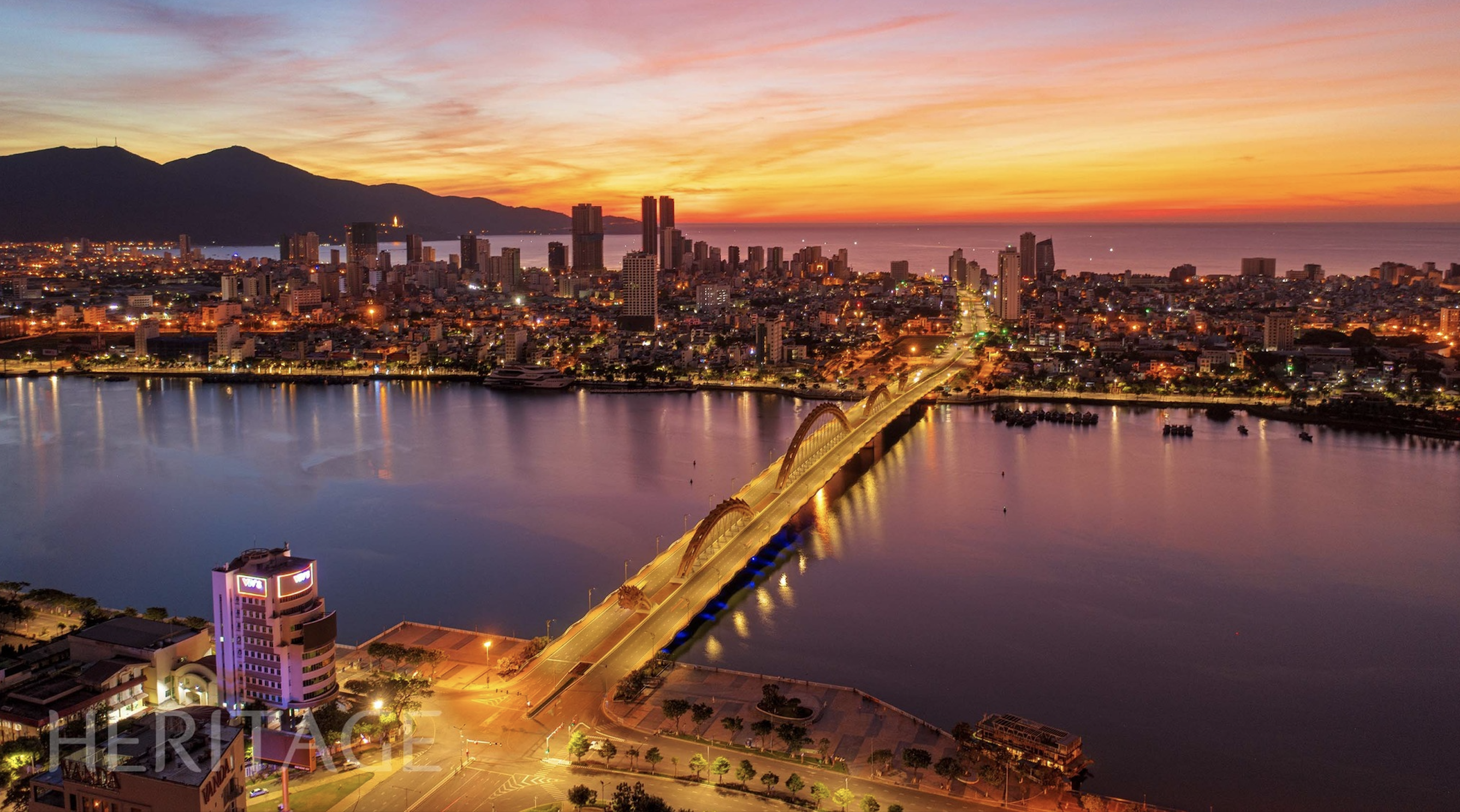



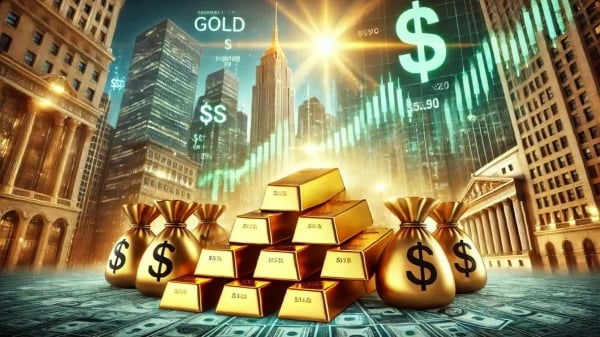
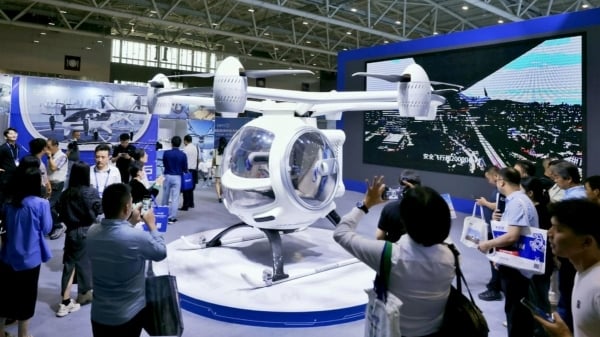
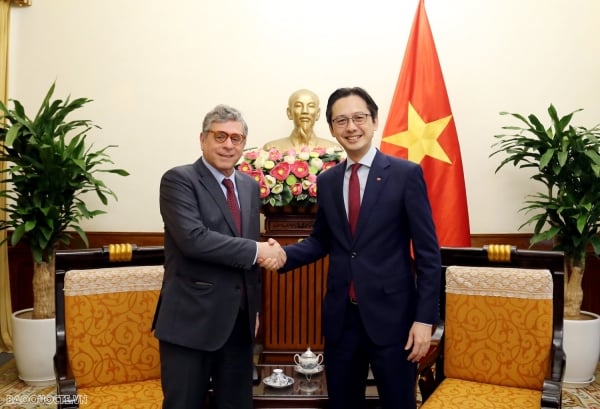


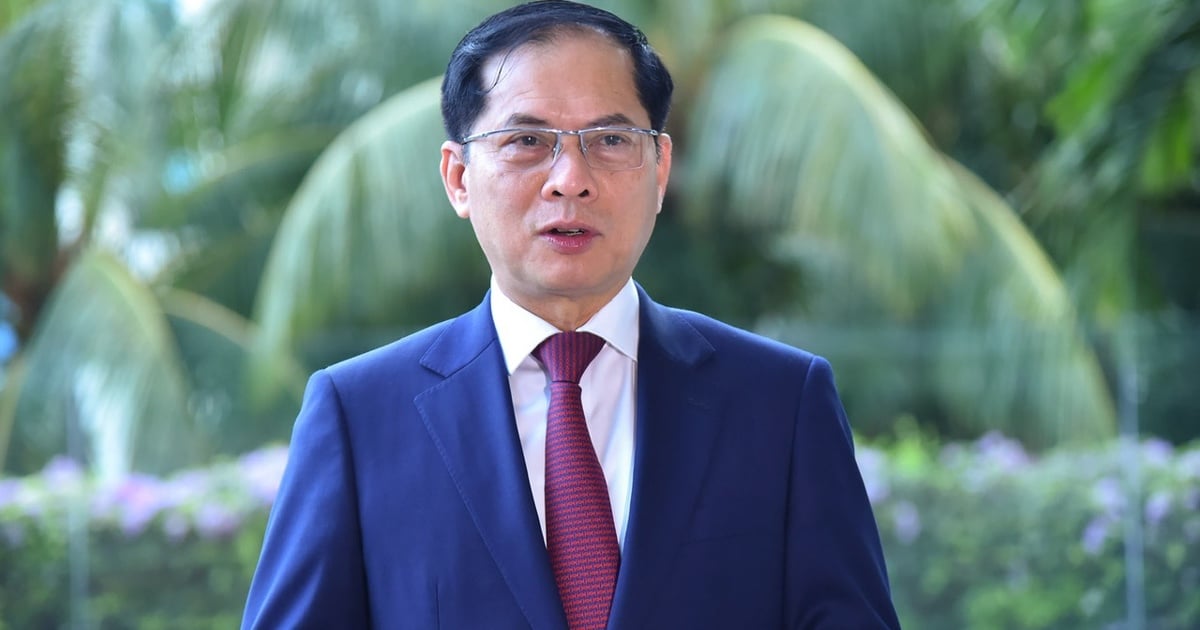



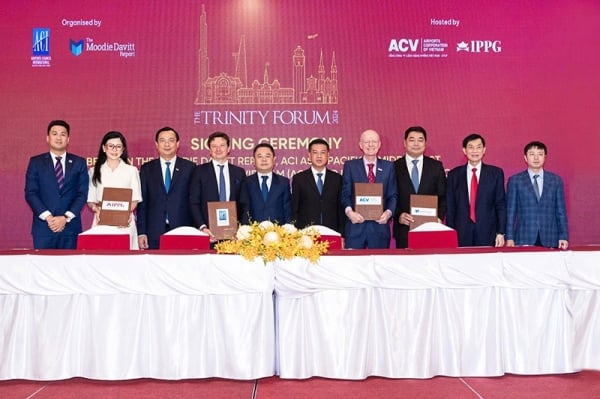
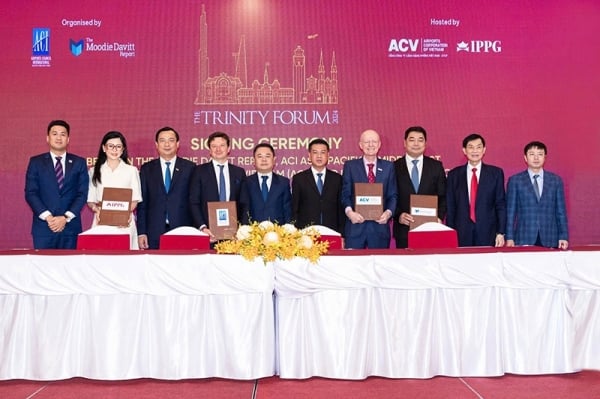
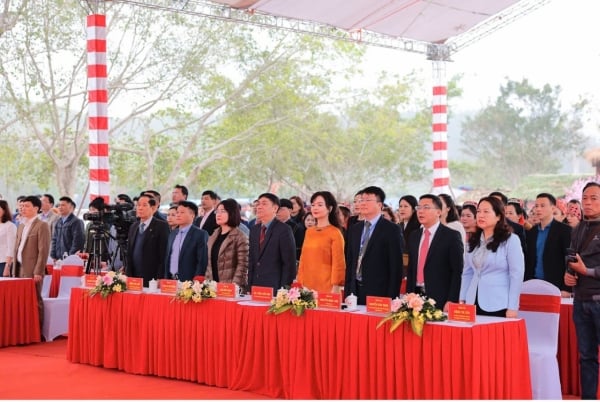
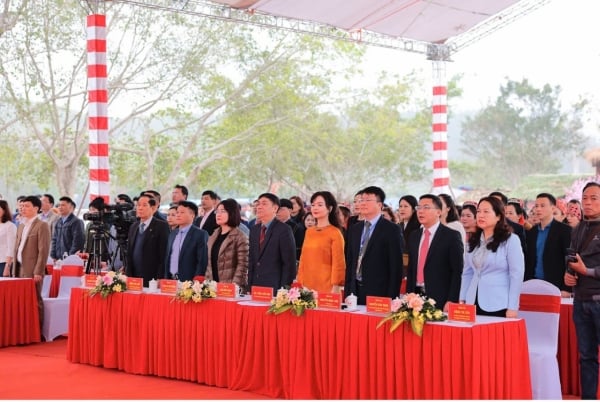
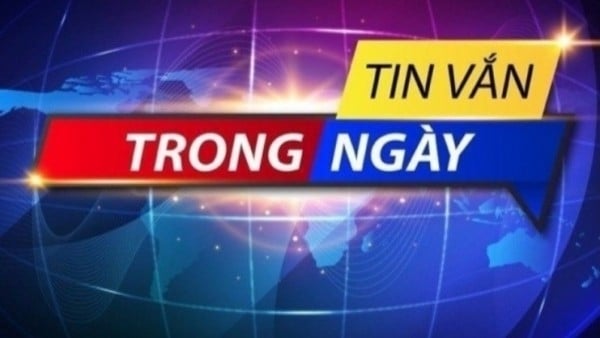




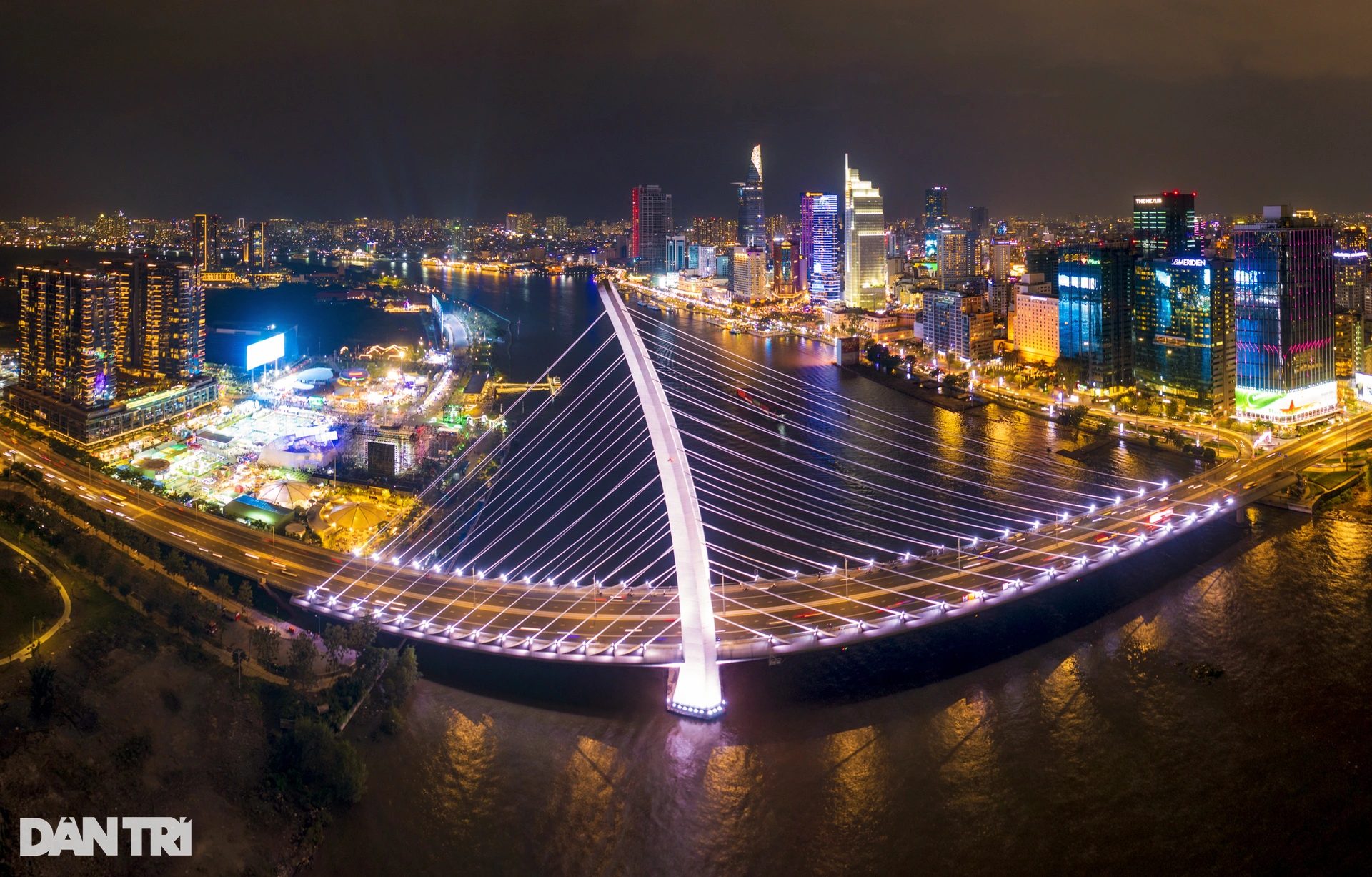
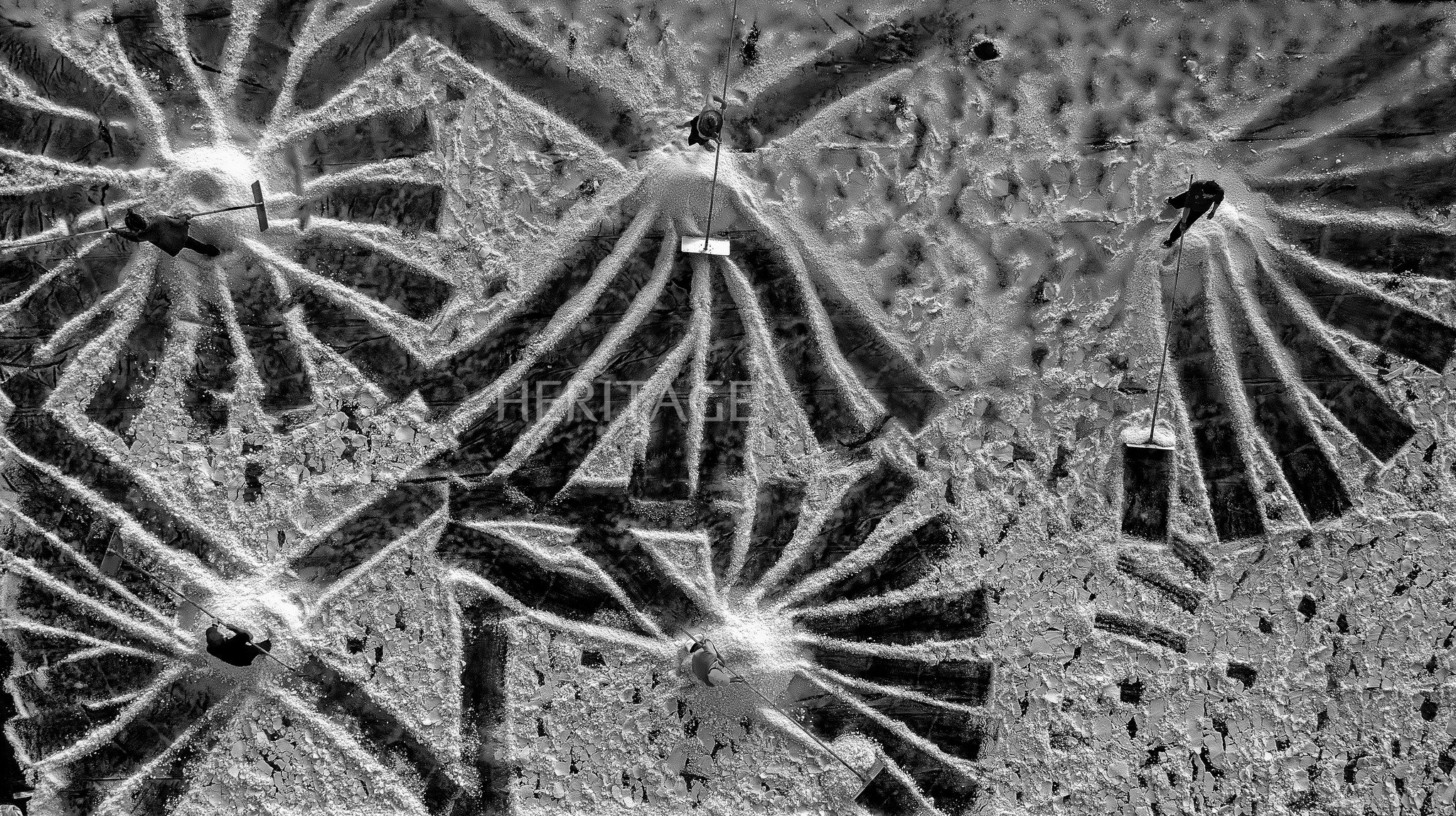

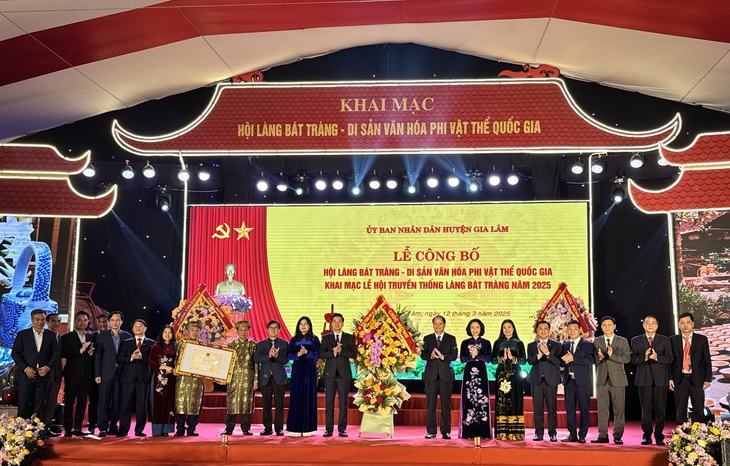










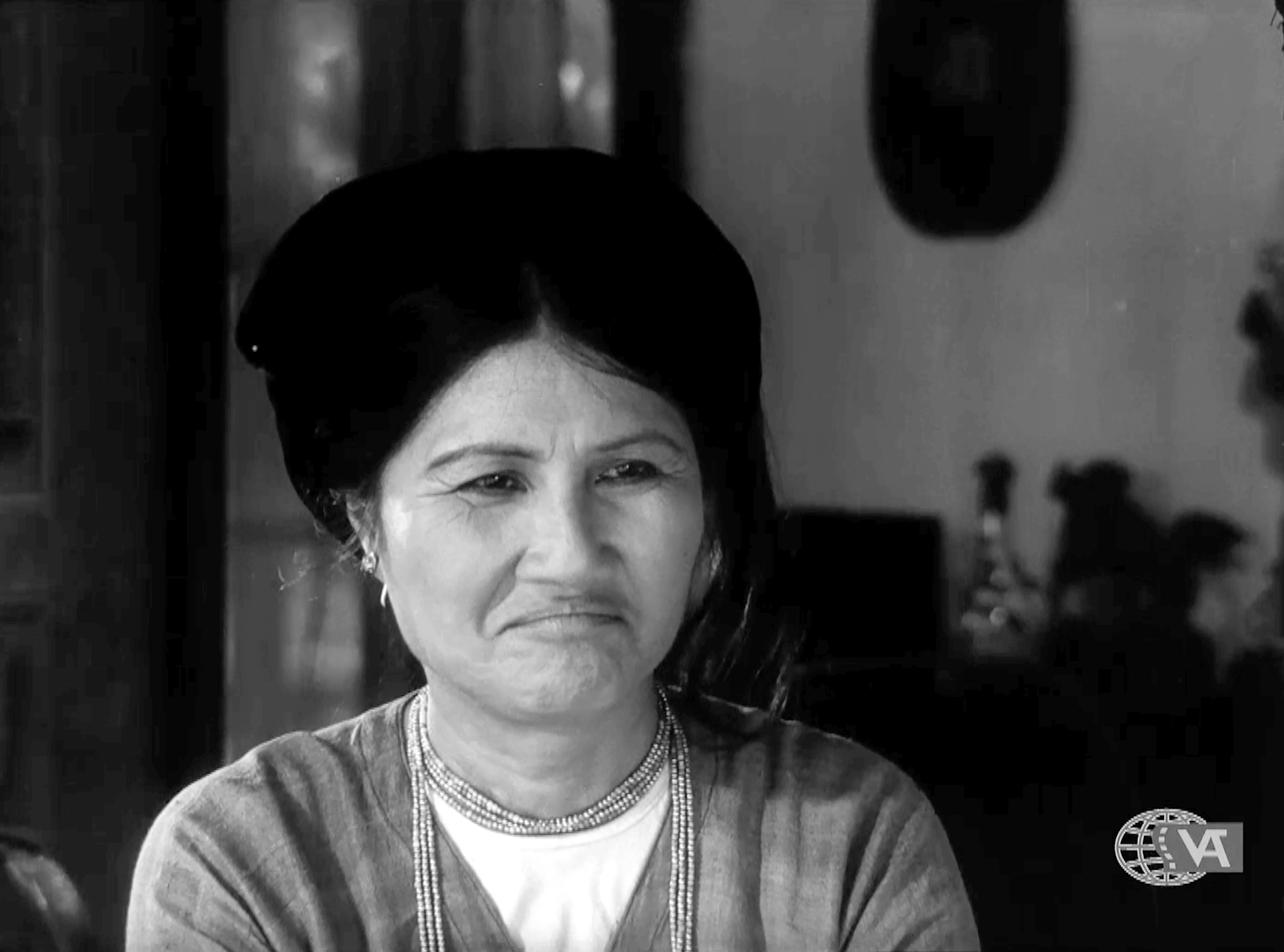












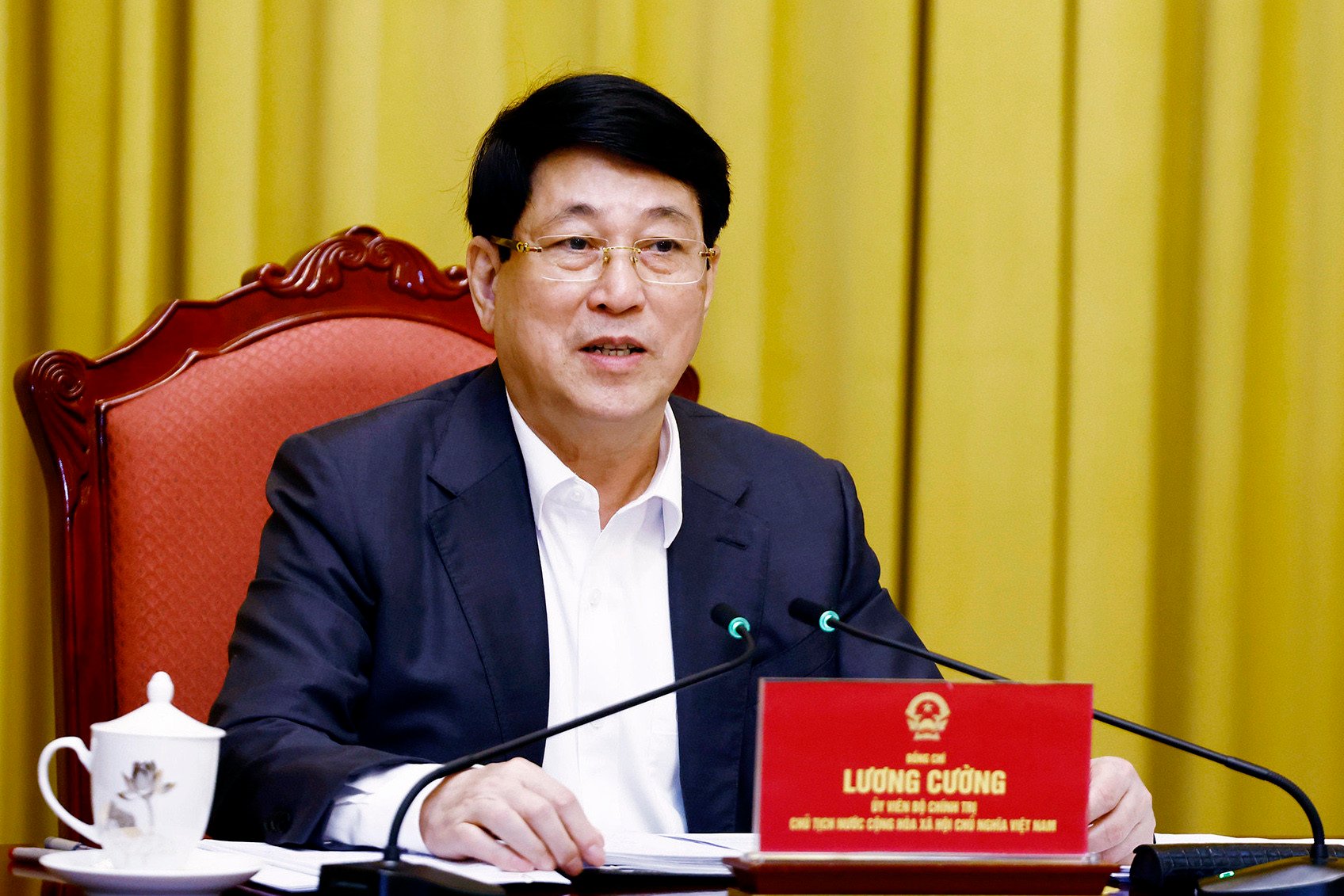
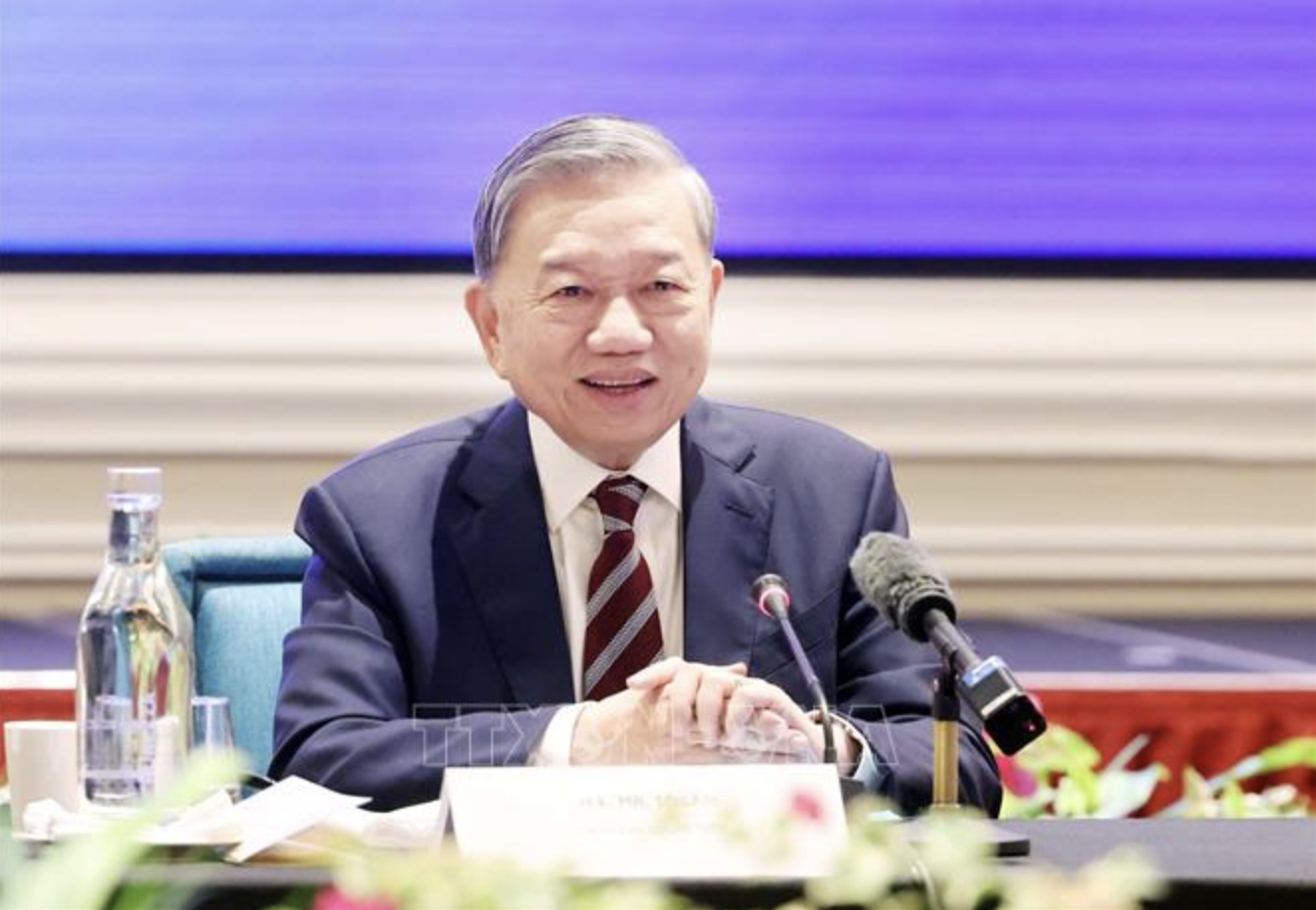


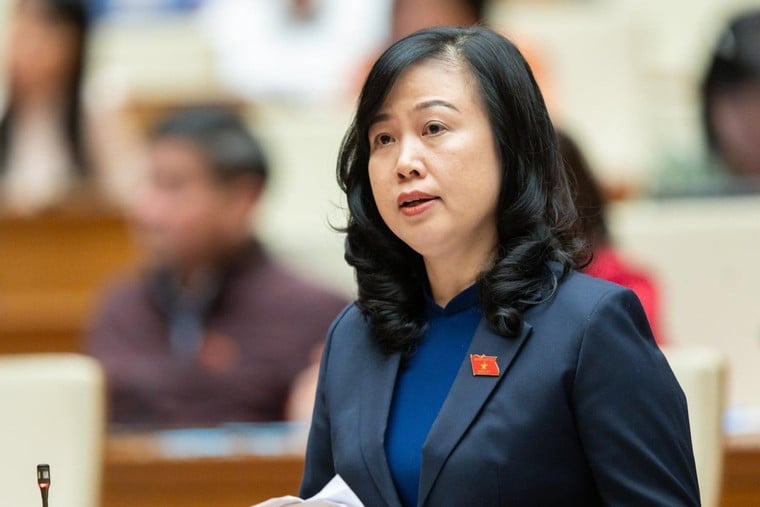
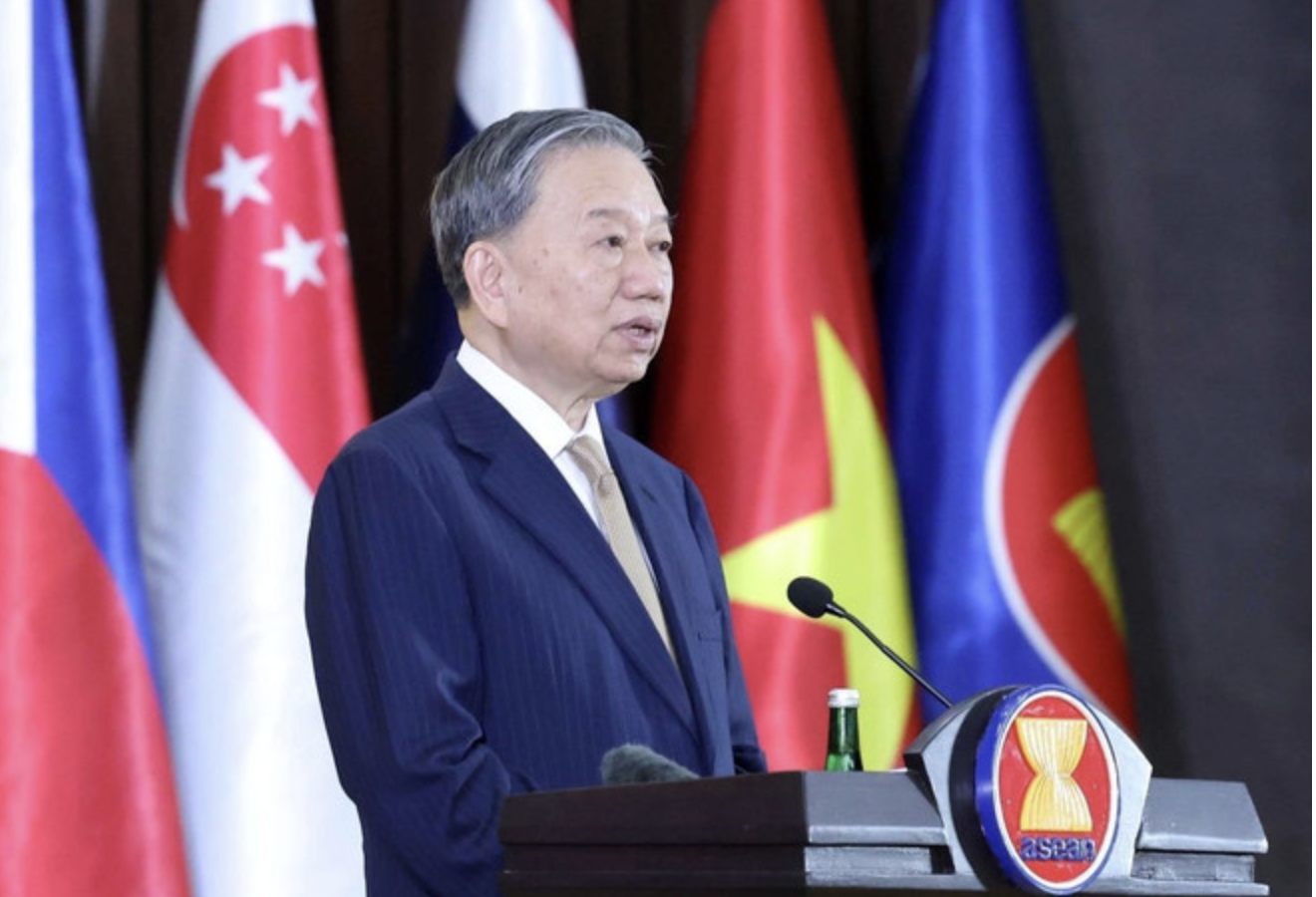



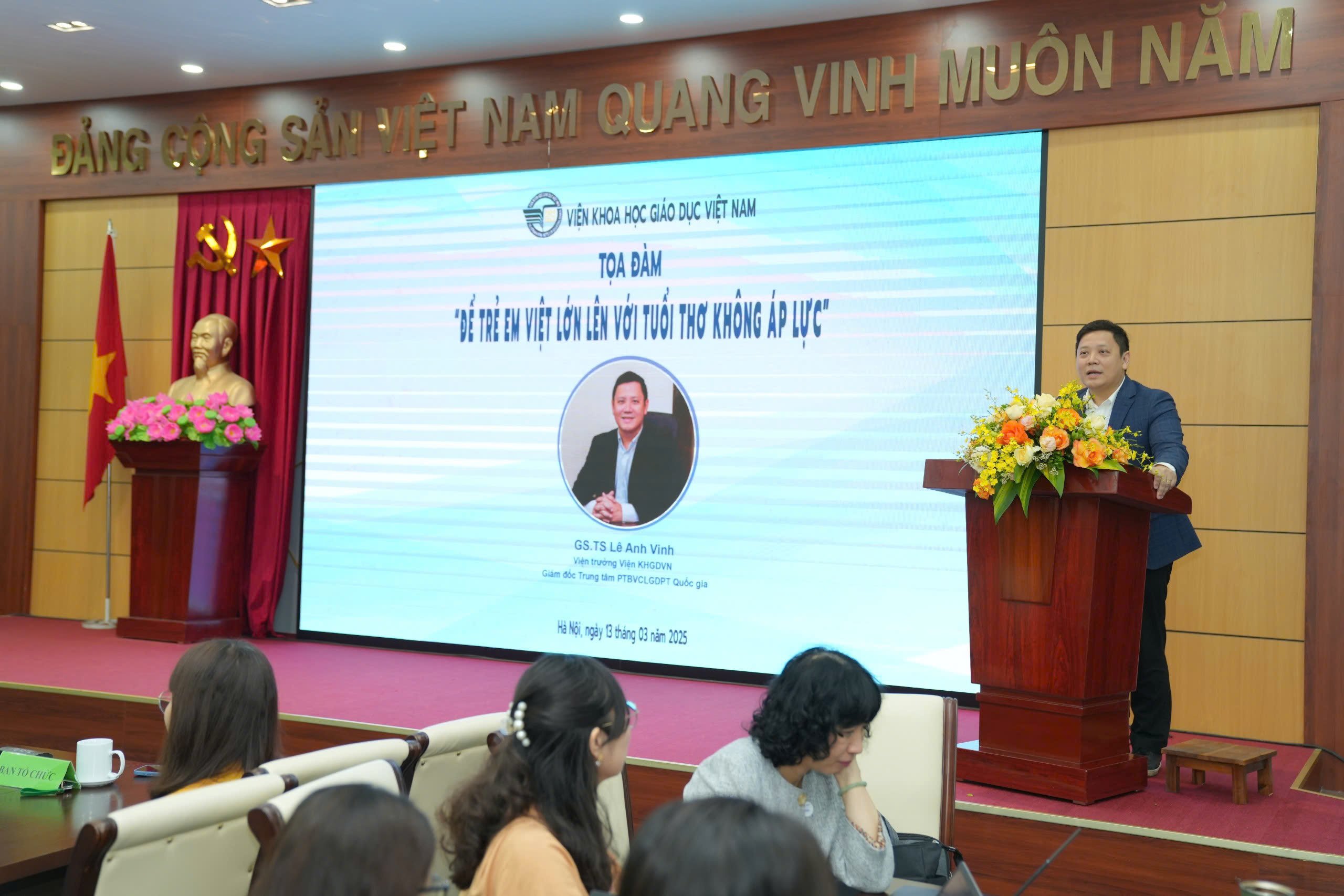


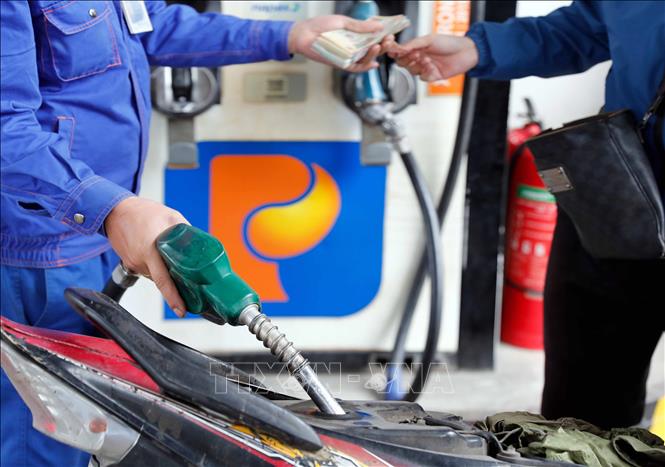

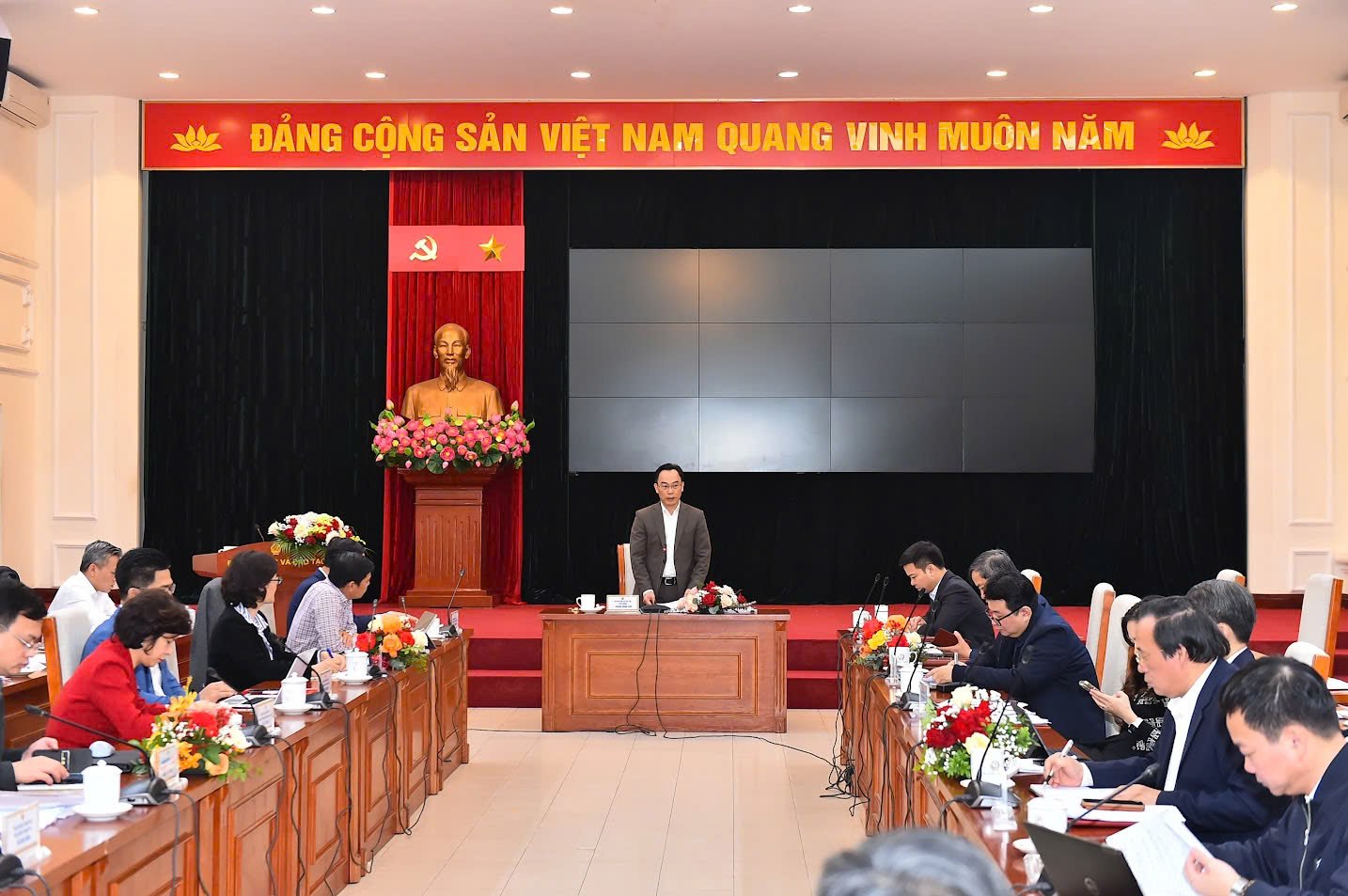
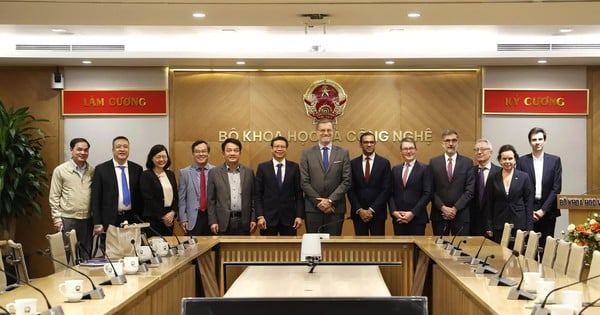







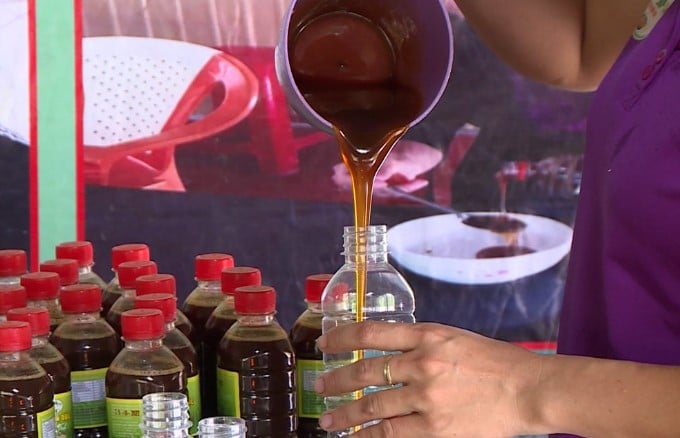
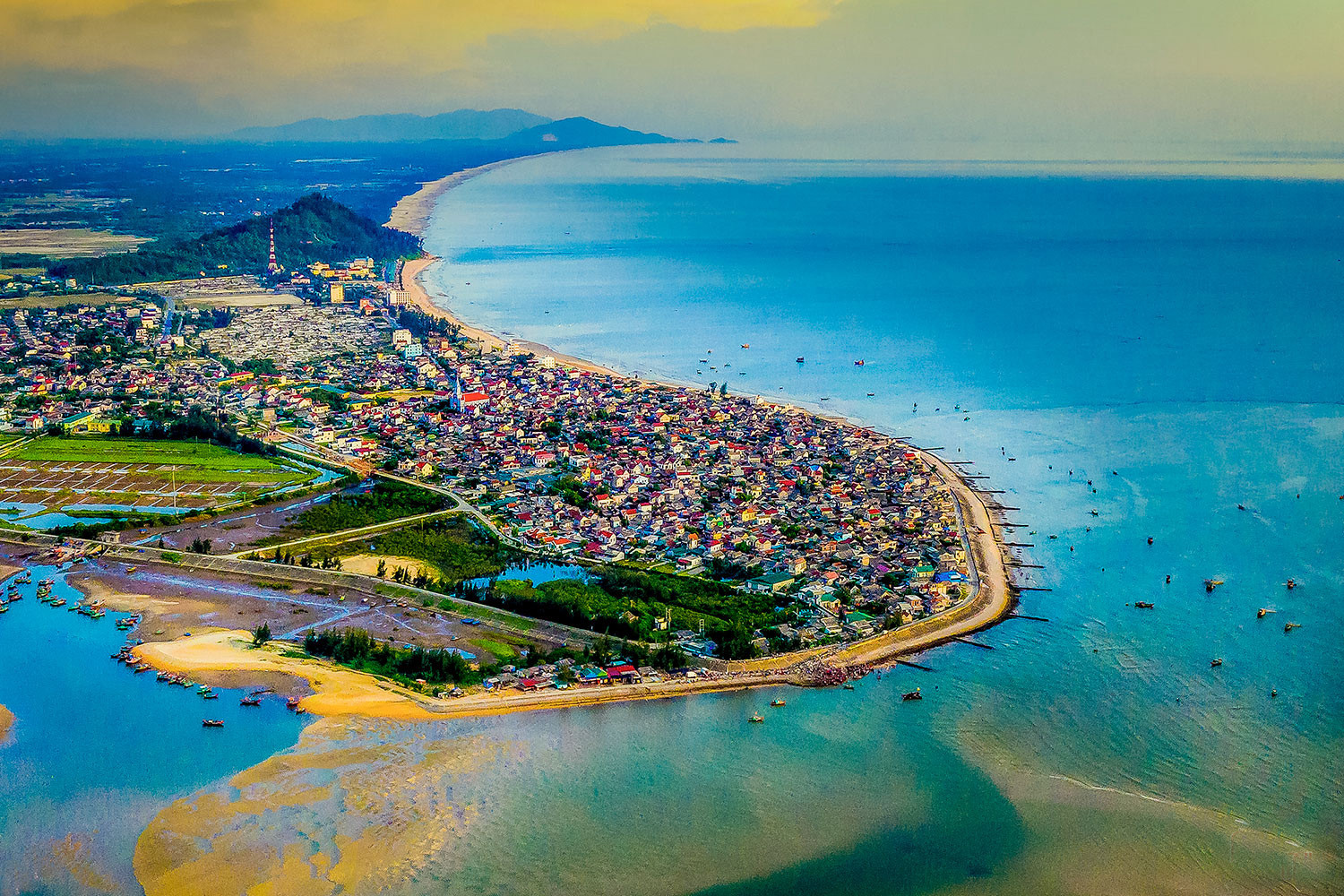


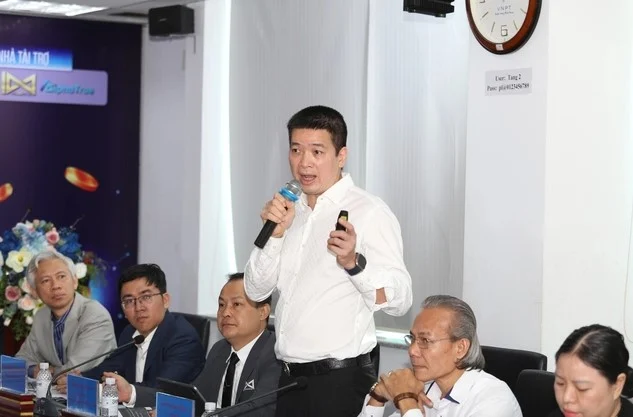




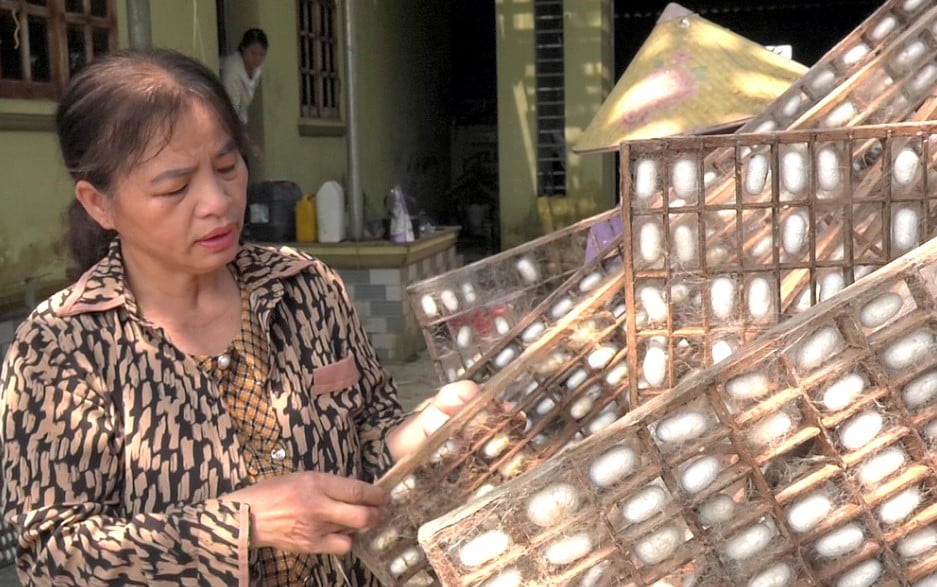
Comment (0)